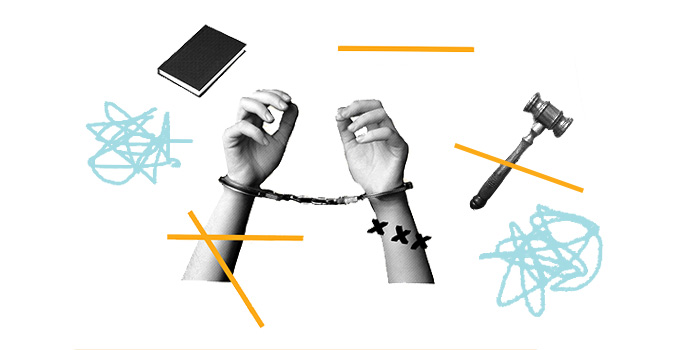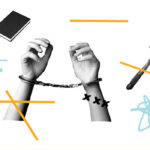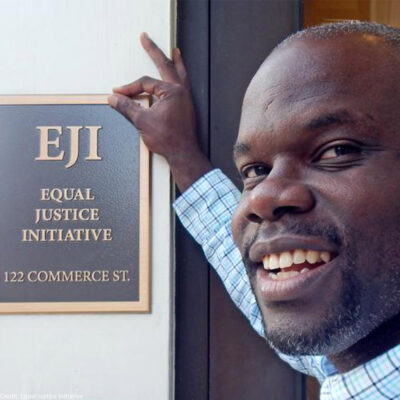Youth Incarceration
The ACLU works in courts, legislatures, and communities to defend and preserve the individual rights and liberties that the Constitution and the laws of the United States guarantee everyone in this country.

The Latest
Explore More
What We're Focused On
-

Alternatives to Youth Incarceration
The ACLU works in courts, legislatures, and communities to defend and preserve the individual rights and liberties that the Constitution and the laws of the United States guarantee everyone in this country.
-

Juvenile Life Without Parole
The ACLU works in courts, legislatures, and communities to defend and preserve the individual rights and liberties that the Constitution and the laws of the United States guarantee everyone in this country.
-

Youth Solitary Confinement
The ACLU works in courts, legislatures, and communities to defend and preserve the individual rights and liberties that the Constitution and the laws of the United States guarantee everyone in this country.
What's at Stake
The ACLU is engaged in several state-based campaigns to reduce youth incarceration and redirect resources to community-based alternatives to jail and prison. Despite dropping youth incarceration rates, the United States still incarcerates more young people than any other country does. Most states continue to use an outdated and harmful ŌĆ£training schoolŌĆØ model, confining children in remote, prison-like facilities cut off from their families and communities. Spending on youth incarceration continues to stretch local and state budgets and divert resources from other critical public needs, including education.╠²
We are working to end the glaring racial disparities in the juvenile justice system. The over-representation of children of color in youth jails and prisons remains a persistent and troubling dynamic in almost all 50 states. While most states have made progress in reducing overall youth incarceration rates in the last two decades, the disproportionate confinement of young people in most states has actually increased.╠²
The ACLU believes all young people should remain in the juvenile justice system, regardless of their crimes. Each year, an estimated 250,000 childrenŌĆösome not yet in their teensŌĆöare prosecuted in adult criminal courts and subjected to the consequences of adult criminal convictions. In addition, 36 states continue to incarcerate youth under 18 in adult jails and prisons, where young people are at greater risk of suicide and physical and sexual assault.
╠²
The ACLU is engaged in several state-based campaigns to reduce youth incarceration and redirect resources to community-based alternatives to jail and prison. Despite dropping youth incarceration rates, the United States still incarcerates more young people than any other country does. Most states continue to use an outdated and harmful ŌĆ£training schoolŌĆØ model, confining children in remote, prison-like facilities cut off from their families and communities. Spending on youth incarceration continues to stretch local and state budgets and divert resources from other critical public needs, including education.╠²
We are working to end the glaring racial disparities in the juvenile justice system. The over-representation of children of color in youth jails and prisons remains a persistent and troubling dynamic in almost all 50 states. While most states have made progress in reducing overall youth incarceration rates in the last two decades, the disproportionate confinement of young people in most states has actually increased.╠²
The ACLU believes all young people should remain in the juvenile justice system, regardless of their crimes. Each year, an estimated 250,000 childrenŌĆösome not yet in their teensŌĆöare prosecuted in adult criminal courts and subjected to the consequences of adult criminal convictions. In addition, 36 states continue to incarcerate youth under 18 in adult jails and prisons, where young people are at greater risk of suicide and physical and sexual assault.
╠²


